16 Studio Ghibli Movies Pass The Bechdel Test. Which Ones Fail?
The movies of Studio Ghibli are known for centering around female characters, and so unsurprisingly, they fare well when held up against the Bechdel Test. The test requires a movie to contain the following three things: at least two female characters, that those characters have a conversation with each other, and that their conversation is about something other than a man.
Of all Studio Ghibli movies, 16 of 22 Ghibli meet these criteria. Though not the only means of determining female representation within movies and not a final judgment on whether a movie is good or bad the test does provide overall insight. It is worth noting, though, that the Ghibli movies which pass are generally more well-known than those that don't.
10 Pass: Spirited Away (2001)
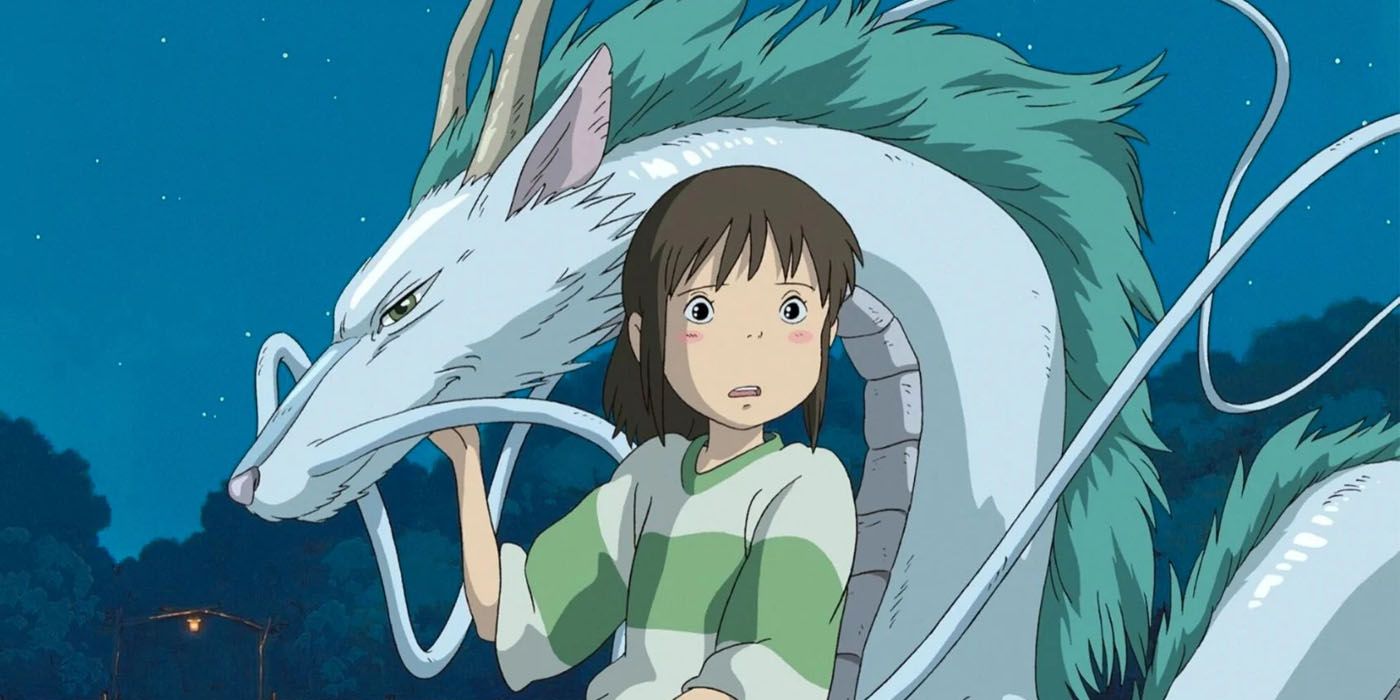
Spirited Away tells the story of a young girl named Chihiro and her journey to return to the human world after getting stuck in the land of spirits, where her parents have been transformed into pigs. Though the main story centers on Chihiro, the world of Spirited Away is full of other female characters that impact her quest, from bathhouse worker Lin to twin witches Yubaba and Zeniba.
All stand on their own as fleshed-out characters with their own motivations. Whether helping or hindering Chihiro, each of these women converse with her and do their part to advance the plot.
9 Fail: The Wind Rises (2013)
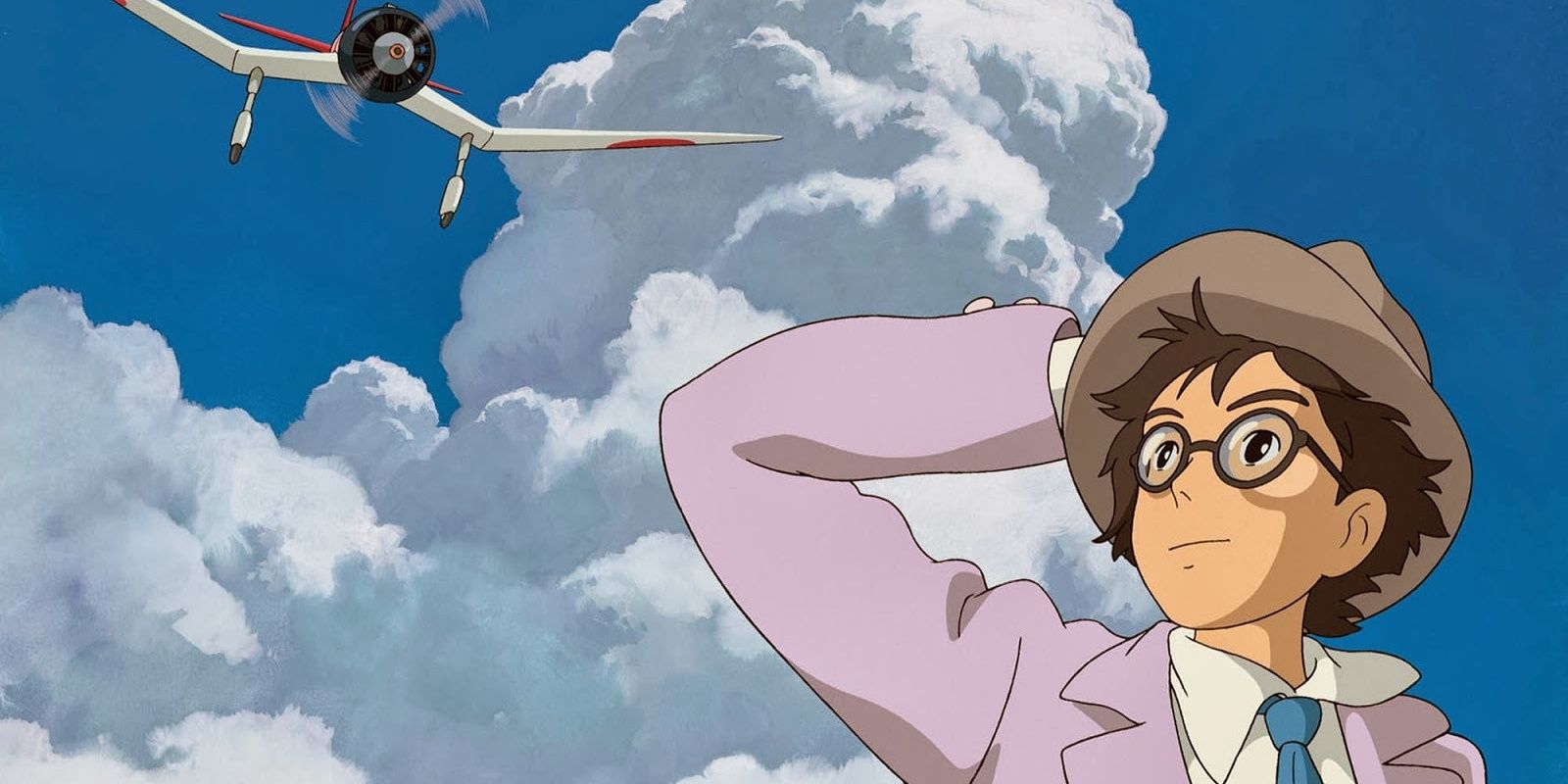
A more recent addition to the Ghibli collection, The Wind Rises is a fictionalized biography of Japanese engineer, Jiro Horikoshi.
The story focuses on Jiro's life and career, and although love interest Naoko plays a role in the story, she remains only that, with her interactions focusing on Jiro alone in a move that feels uncharacteristic given Ghibli's more female-conscious reputation. Naoko's later off-screen death only furthers this disconnect.
8 Pass: My Neighbor Totoro (1988)
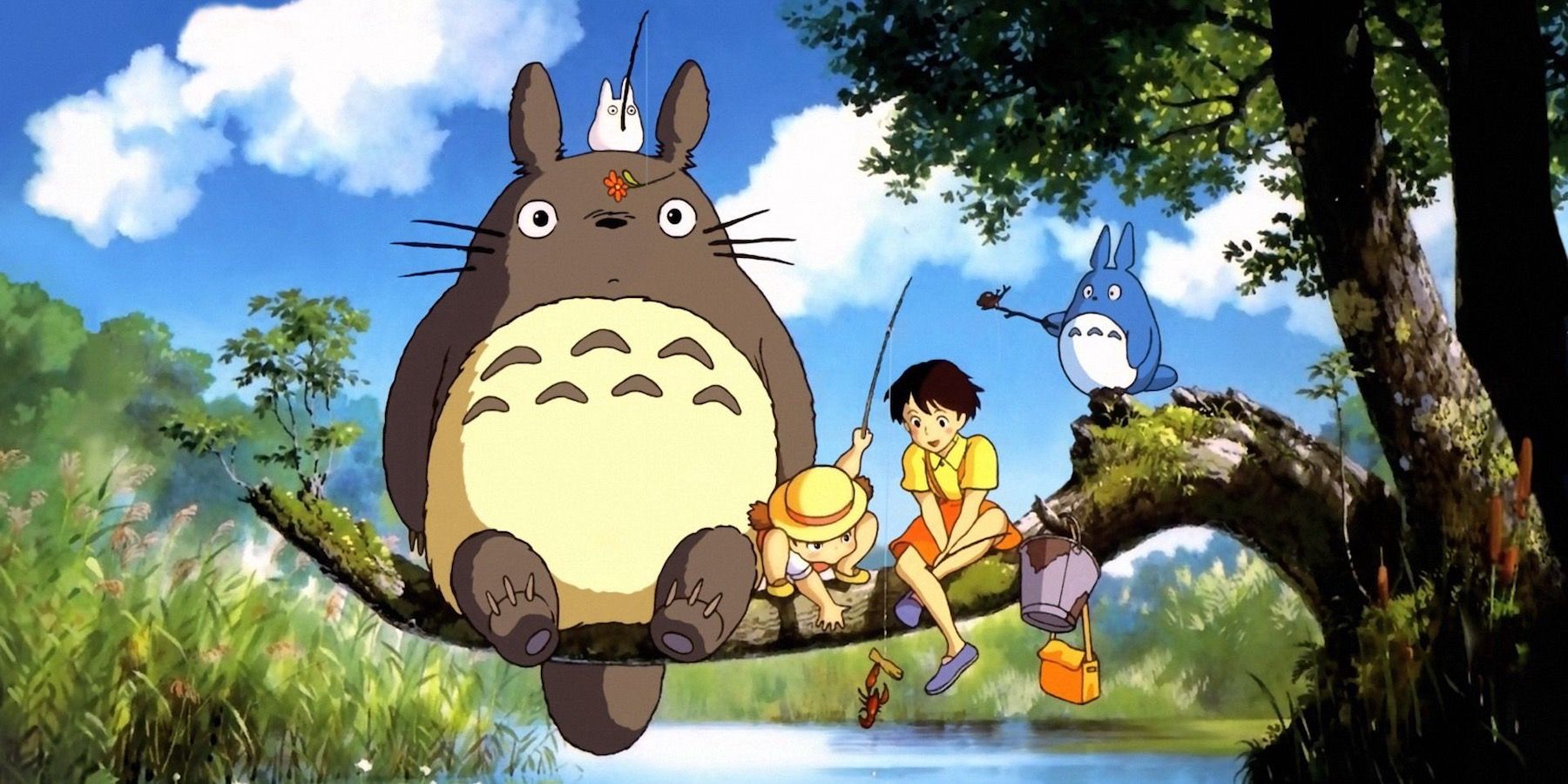
A movie that centers on young sisters Satsuki and Mei, My Neighbor Totoro passes the Bechdel Test with flying colors. Not only do the siblings have many conversations with one another during their adventures, but they also talk to their mother, as well as the owner of their new house, who they call Granny.
In a movie packed with whimsy and heartwarming moments, Satsuki and Mei are able to delight in the wonder of Totoro together, talking about everything from the mundane to the magical.
7 Fail: Porco Rosso (1992)
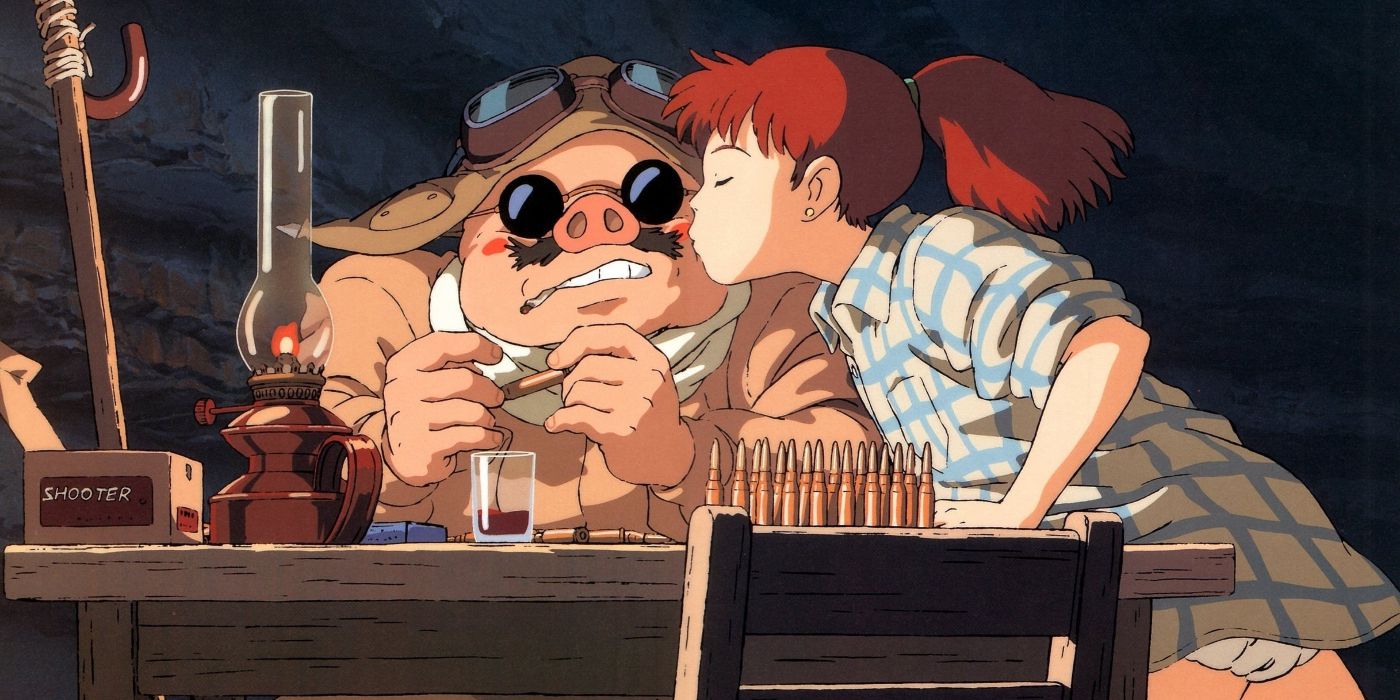
Whilst it has its place as one of the most underrated Ghibli movies, Porco Rosso, unfortunately, does not pass the Bechdel test.
Though the film has two important female characters, mechanic Fio and hotelier Gina, the two do not interact, and instead spend most of their screentime in the company of the titular protagonist during his escapades. It seems an oversight that the pair, both of whom are integral to the plot of the movie, don't get to talk with one another.
6 Pass: Howl's Moving Castle (2004)
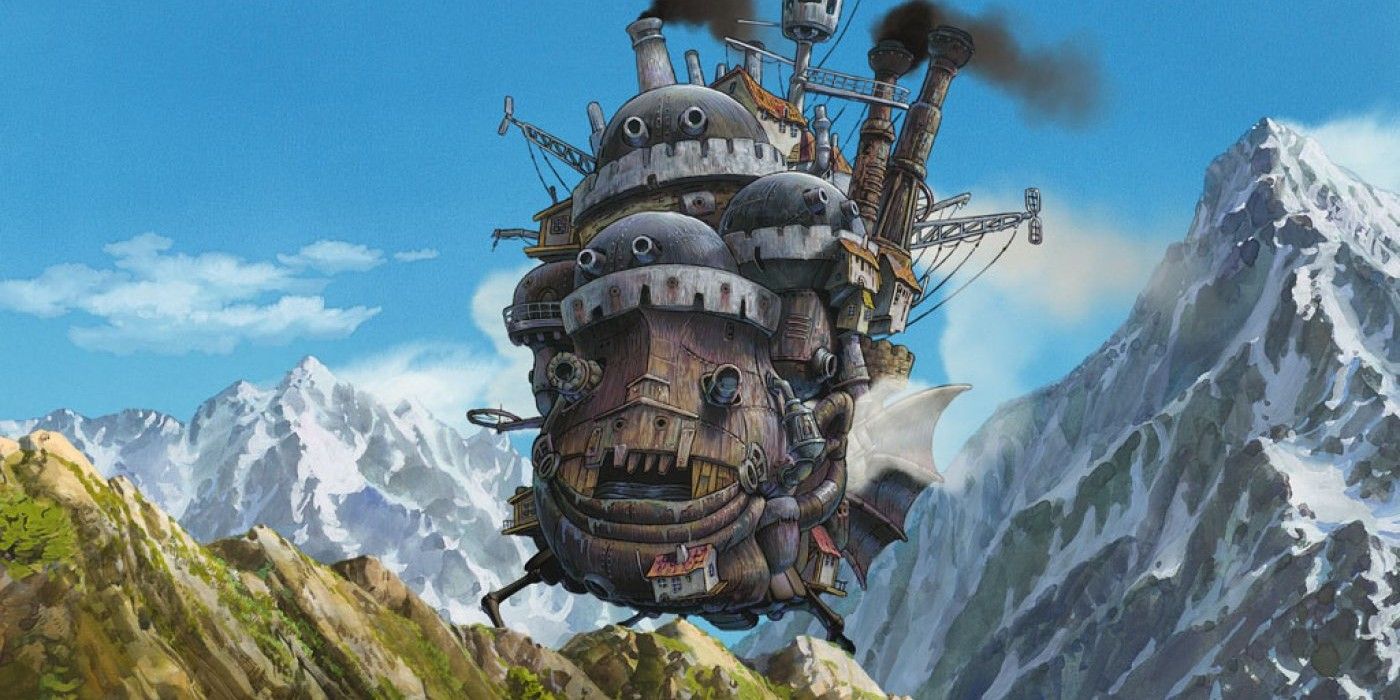
Though it may be named after a wizard, the true protagonist of Howl's Moving Castle is Sophie Hatter, with the action following her throughout the course of the movie.
Sophie interacts not only with her sister Lettie, but the sorceress Suliman, and the villainous Witch of the Waste. One memorable conversation she has with the latter occurs when the two are trying to climb a vast flight of stairs to enter the royal palace, with Sophie attempting to badger the Witch into telling her how to break her curse. Additionally, its focus on older women brings representation of an often underused demographic.
5 Fail: Pom Poko (1994)
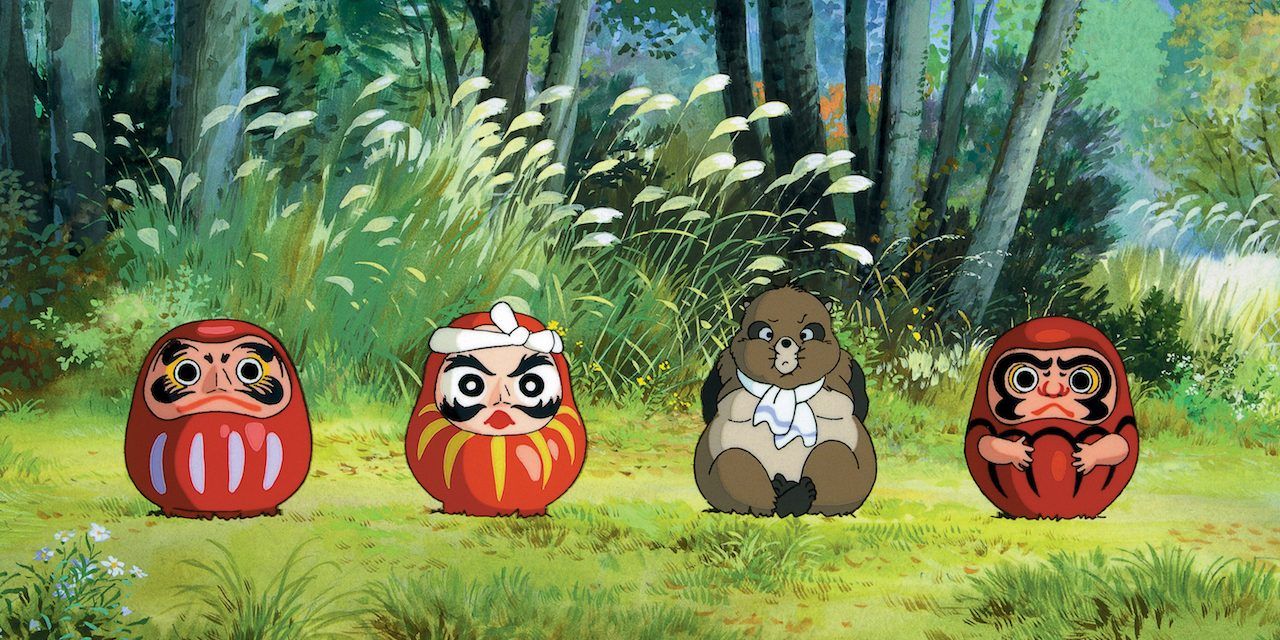
Pom Poko's non-human protagonists are the tanuki (erroneously called raccoons in the English dub), some of whom have the ability to shape-shift. Their story largely revolves around their struggles on the outskirts of Tokyo, where new buildings are a threat to their natural habitat.
Although one of the main characters is female, an older tanuki named Oroku, she is surrounded by a cast of characters that are otherwise nearly all male, and the absence of others like her stands out.
4 Pass: Princess Mononoke (1997)
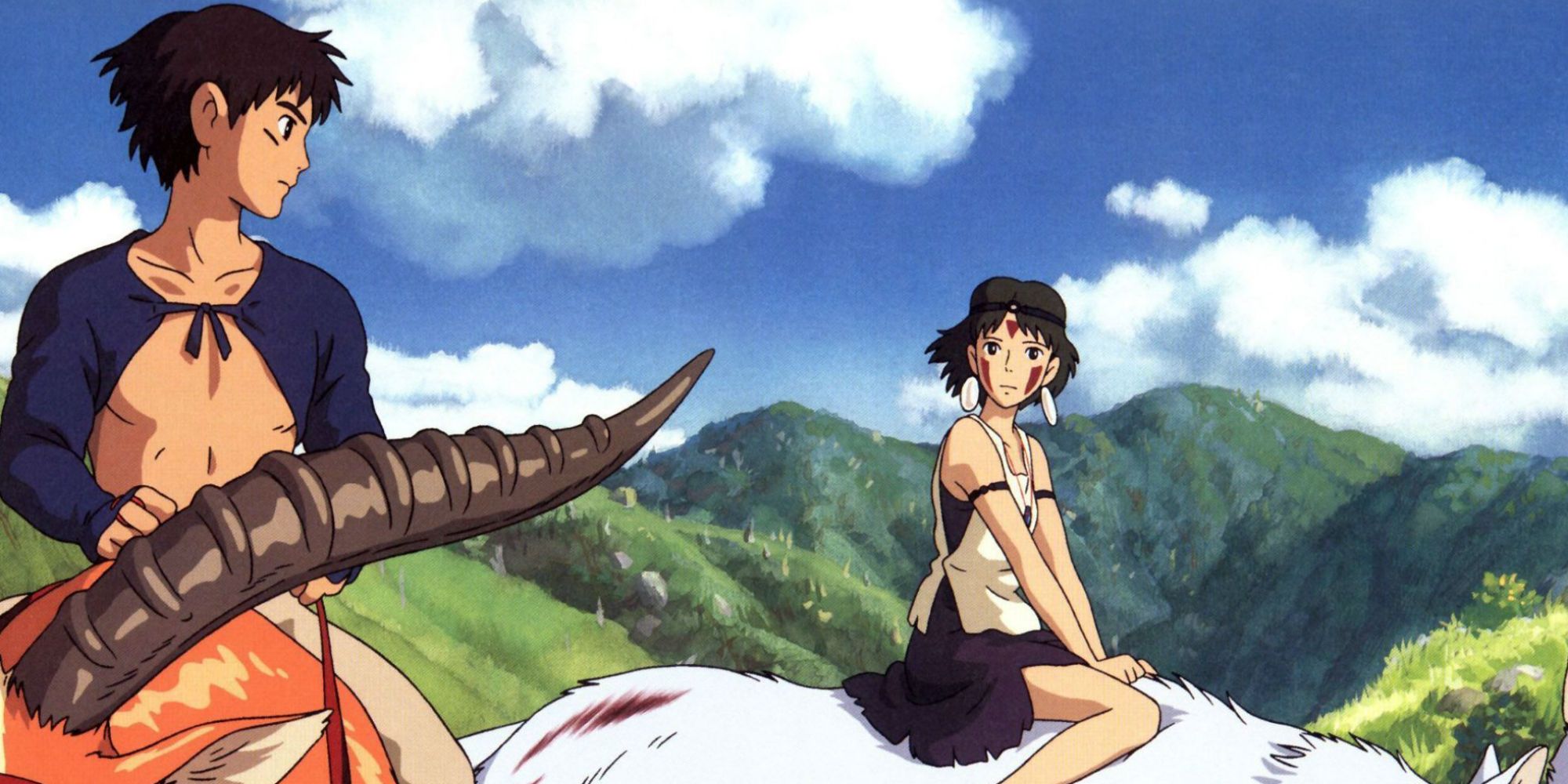
Princess Mononoke's San has one of the best and most iconic looks of Studio Ghibli's range of characters. Raised by wolves, she is resentful of humans and wary of the protagonist Ashitaka. San has conversations with the wolf god Moro, her adoptive mother, but the movie also passes the Bechdel test in multiple ways.
On the more human side of things, characters like Lady Eboshi and Toki also have discussions that are important to the plot, giving the movie female perspective on both sides of its conflict.
3 Fail: Tales From Earthsea (2006)
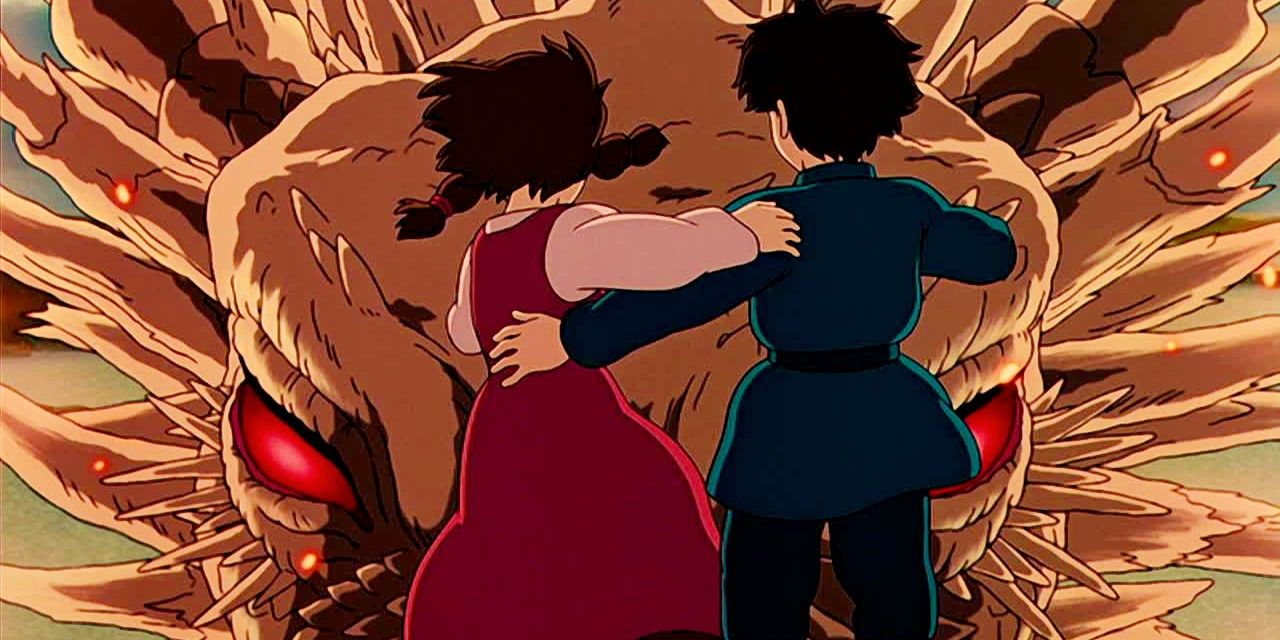
Seen as a departure from some of Studio Ghibli's more lauded works, Tales from Earthsea was the directorial debut of Hayao Miyazaki's son, Gorō.
Though the plot does in part follow a young woman, Therru, and she is raised in the home of another named female character Tenar, the two are mostly seen in relation to the men that they are friends with, Arren and Sparrowhawk, respectively.
2 Pass: Kiki's Delivery Service (1989)
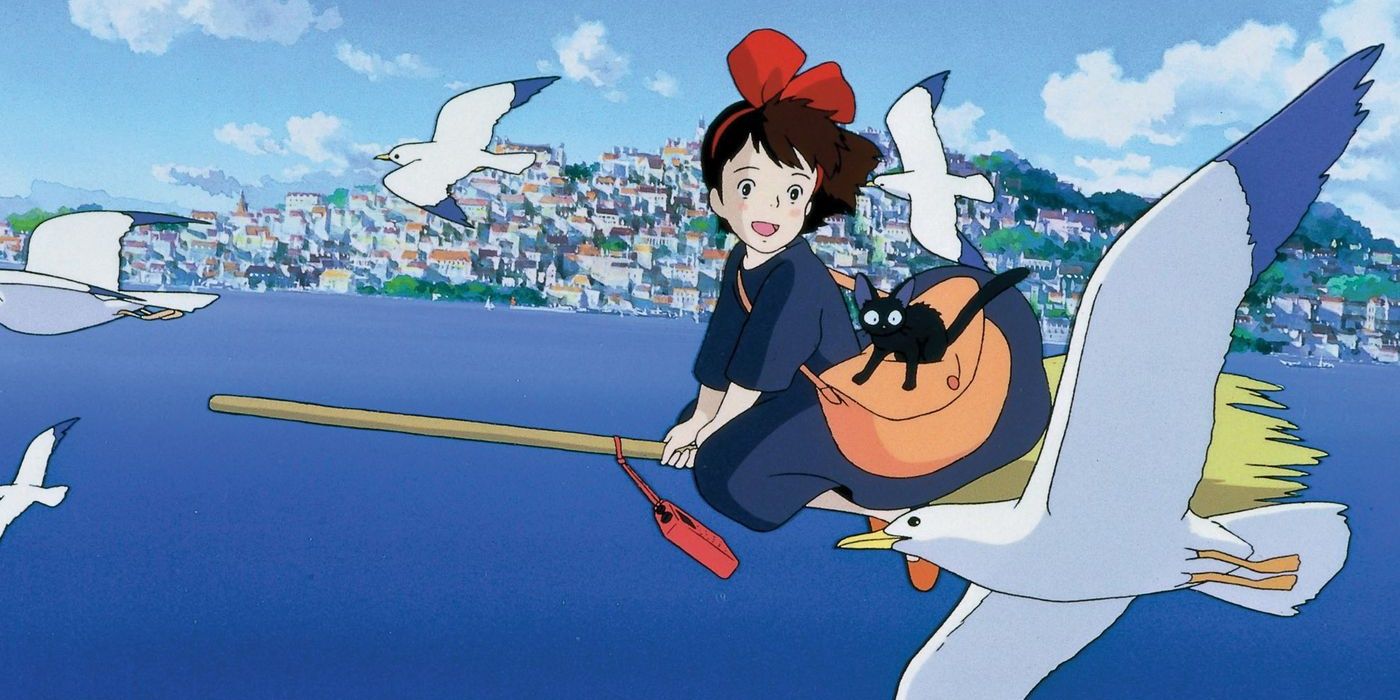
Kiki's Delivery Service follows young teenager Kiki as she leaves home to train as a witch in a seaside town. Throughout her year away, Kiki meets women that assist her development, with baker Osono providing her a place to stay and a way to start her business and artist Ursula talking to her about finding a career to be passionate about.
Kiki also interacts with women and girls of all ages throughout her deliveries, and, unsurprisingly, in a story about girls coming of age, the movie ultimately has more named female characters than male.
1 Fail: Grave Of The Fireflies (1988)
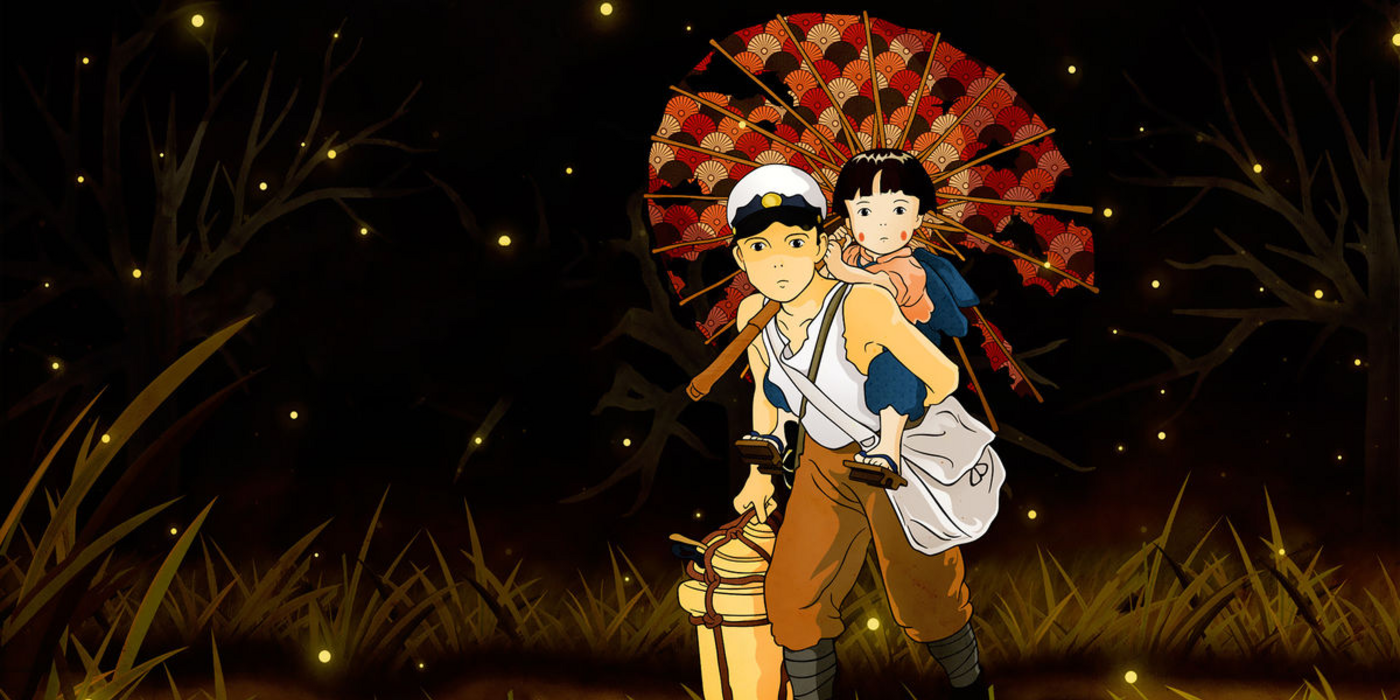
With a devastating story and one of the most emotional endings of all Studio Ghibli movies, Grave of the Fireflies does what it sets out to do, showing the atrocities of war and the bond between its brother and sister protagonists, Seita and Setsuko.
Given that the movie follows these two alone, it's understandable that it doesn't pass the Bechdel Test, but this is perhaps more apparent when set alongside other Ghibli movies, the majority of which do.
No comments: